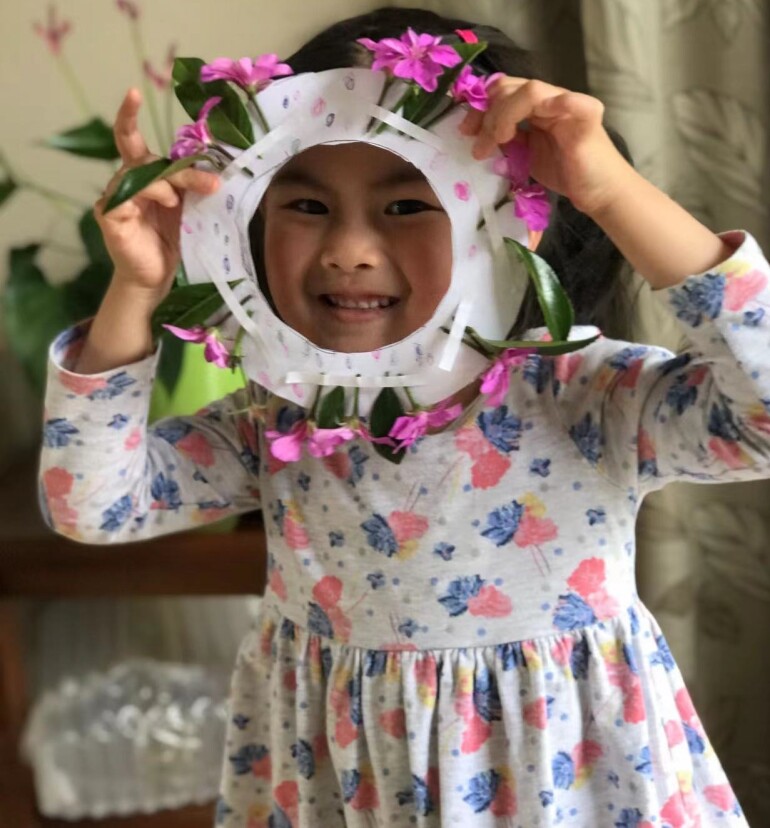News And Events

Responding to Diverse Cultures
12 June 2022Recently, the Education Review Office (ERO) researched what good practice looks like when responding to diverse cultures within a home-based context. Nurtured at Home was pleased to be invited to participate in this research, as we operate within a range of communities providing quality accessible care and education for preschool children. Here we share a summary of the report:
The cultural, ethnic and linguistic diversity of Aotearoa is growing. Around 200 languages are now spoken in New Zealand homes and, in 2018, one in three children had a parent born overseas. This report sets out to share good practices that respond to the diversity of cultures and languages in Aotearoa communities.
The educators, visiting teachers, and leaders that we spoke with were clear that relationships are the key. Features of relationships that support culturally responsive practice included:
- using a wide range of ways to stay in regular contact
- having heaps of opportunities to get together
- building on common values and interests
- sharing ideas and being flexible
- deepening relationships over time, to be able to focus on children’s learning even within friendly chats.
When positive, trusting relationships were in place, educators and visiting teachers were well placed to take deliberate actions that supported children’s learning in culturally responsive ways. Key features of their culturally responsive practice were:
- ongoing conversations about culture and language, including finding out about family contexts and culturally valued knowledge, skills, attitudes and behaviours
- using a range of communication tools to share how these conversations were remembered, valued, and how they impacted on teaching and learning
- taking personal responsibility for supporting children to retain (or learn) their heritage languages, along with developing their English and te reo Māori
- embedding multiple languages, and conversations about languages, in everyday interactions
- focusing assessment and planning on learning that has cultural importance for children and families
- engaging in professional learning and development to support their understandings
- challenging themselves, and others, to put new professional learning into practice.
In home-based settings, there is a special focus on learning through the home and community. Culture and language are what homes and communities are made of. Leaders, visiting teachers, and educators found that when they decided to put culture and language at the centre of what they do, it would inform, enrich, and add value to all of their roles. They agreed that this started with their mindset: seeing culturally responsive practices as opportunities to make a real difference for children. This was their key learning.
You can read the whole report here: https://ero.govt.nz/our-research/responding-to-diverse-cultures-good-practice-in-home-based-early-childhood-services


